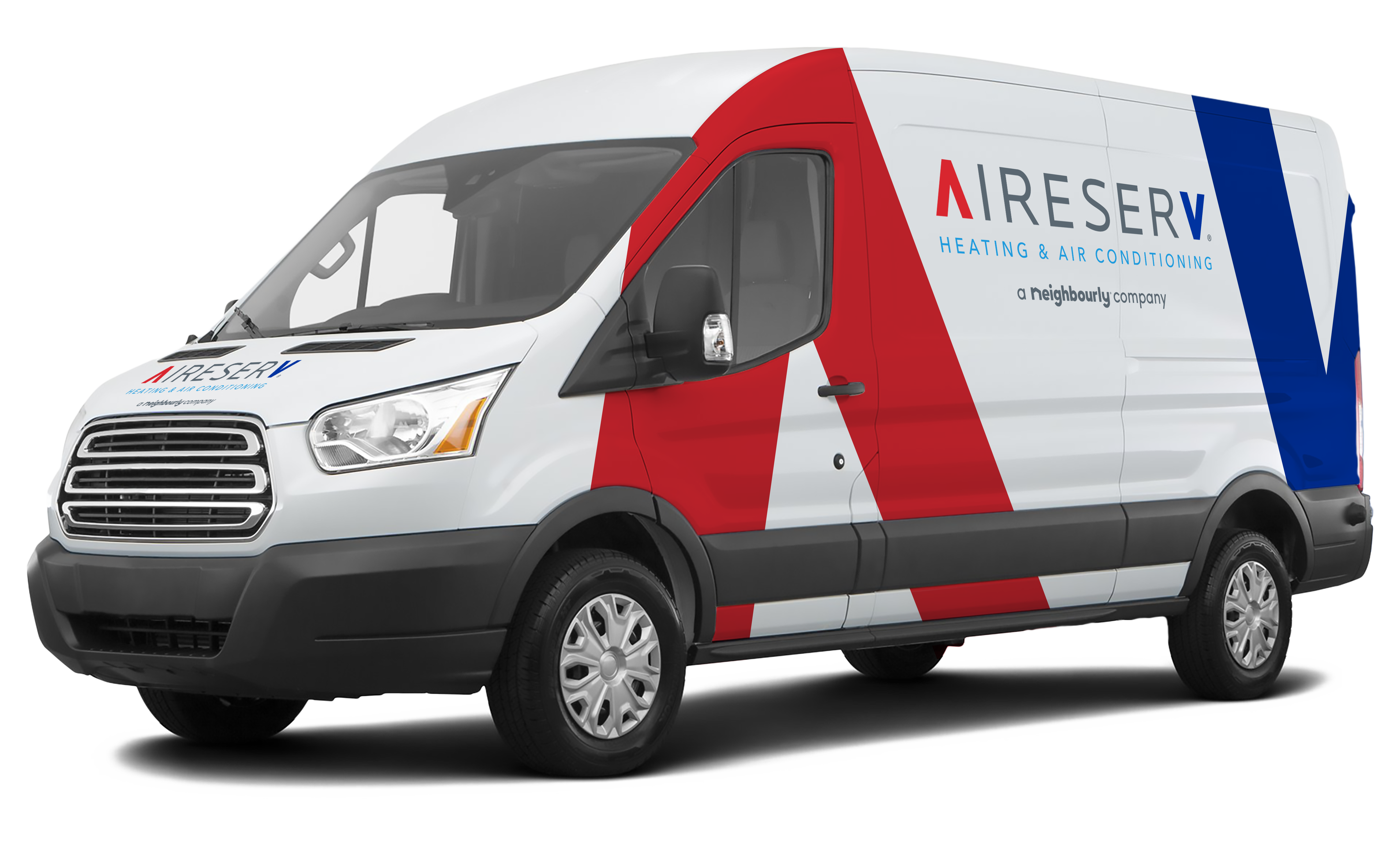
September is National Preparedness Month, making now a good time to plan ahead and make sure your heating and cooling equipment is covered by a good warranty. This type of coverage gives you peace of mind as the seasons change and cold weather moves in.
What are Warranties For?
Anything that requires a large upfront investment should come with a warranty, or a guarantee from the manufacturer that their product functions as expected. It protects you in case you purchase a lemon, or a defective product, that malfunctions or breaks down sooner than expected. HVAC contractors offer warranties as well to protect you against poor installation practices or shoddy repair work.
Most Common Warranties
The length and coverage of your HVAC equipment’s warranty depends primarily on the manufacturer and installer. Still, the most common warranties are present among every major brand and from every reputable contractor. These include:
Parts Warranties
Typically, you can claim coverage from a parts warranty when all three of the following occur:
- A licensed HVAC contractor determines the part’s failure was due to manufacturer defect.
- The unit is new enough. Typically, parts warranties last five years from the date of installation.
- You are the original owner of the equipment (unless the warranty is transferrable to a new homeowner).
The contractor orders a replacement part and sends the defective one back to the manufacturer. Ordering the new part is free while under warranty; you simply pay the cost of labor to have the part installed. If any incidental parts must be replaced in addition to the defective one, you’re responsible to pay for these parts.
Extended Warranties on Select Parts
The most crucial components of an HVAC system – namely the heat exchanger in a furnace and the compressor and coils in an air conditioner – typically come with an extended warranty. Some manufacturers even guarantee these parts for life. If they ever malfunction, an HVAC contractor verifies this and replaces the part while you only pay labor costs.
Labor Warranties
Manufacturers don’t cover installation and labor because they can’t guarantee work performed by another company. That’s why you should only hire a contractor that offers at least a one-year parts and labor warranty following equipment installation.
Extended labor warranties are also sometimes available, which simply extend the term of coverage for parts that fail due to improper installation, repairs and maintenance. Sometimes these extended warranties cover labor costs as well.
Aire Serv® Advantage Plans
While not exactly the same as warranties, our Advantage Plans give you peace of mind as you prepare for an unexpected breakdown. Unlike warranties, our Advantage Plans never expire. You can benefit from them starting immediately after you have new equipment installed or you can sign up for a plan several years later.
Benefits of the basic Bronze Advantage Plan include the following:
- Preferred Customer Status gives you access to incentives, programs and specials not available to non-member customers.
- Priority Service puts you at the front of the line when you call for emergency services and repairs.
- Member Discounts apply to any repairs you need.
- At no additional cost, you get a Base Level Advantage Plan Membership with other companies in The Dwyer Group, granting you Preferred Customer Status, Priority Service and Member Discounts with these companies.
Higher-level packages come with Scheduled Total Comfort Tune-Ups and Repair Coverage. These benefits make it easy and affordable to keep your heating and cooling system running well for years to come.
To sign up for an Aire Serv Advantage Plan, or to learn more about your existing HVAC warranty coverage, please contact us today.

